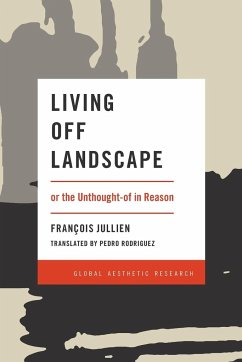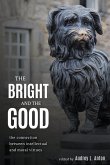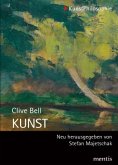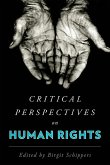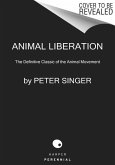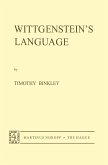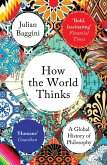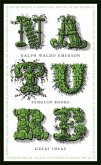Is it only through vision that we can perceive a landscape? Is the space opened by the landscape truly an expanse cut off by the horizon? Do we observe a landscape in the way that we watch a 'show'? What, ultimately, does it mean to 'look'? In this important new book, one of France's most influential living theorists argues that the first civilization to truly consider landscape was China. In giving landscape the name 'mountain(s)-water(s)', the Chinese language provides a powerful alternative to Western biases. The Chinese conception speaks of a correlation between high and low, between the still and the motile, between what has form and what is formless, between what we see and what we hear. No longer a matter of 'vision', landscape becomes a matter of living. Francois Jullien invites the reader to explore reason's unthought choices, and to take a fresh look at our more basic involvement in the world.
Hinweis: Dieser Artikel kann nur an eine deutsche Lieferadresse ausgeliefert werden.
Hinweis: Dieser Artikel kann nur an eine deutsche Lieferadresse ausgeliefert werden.

